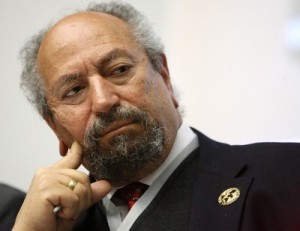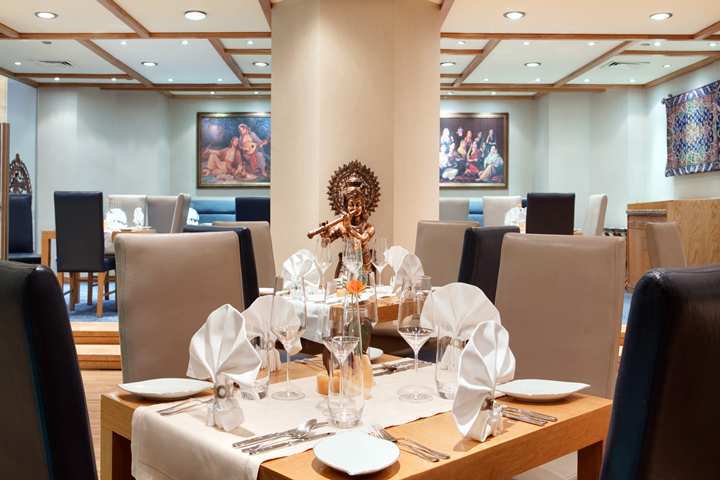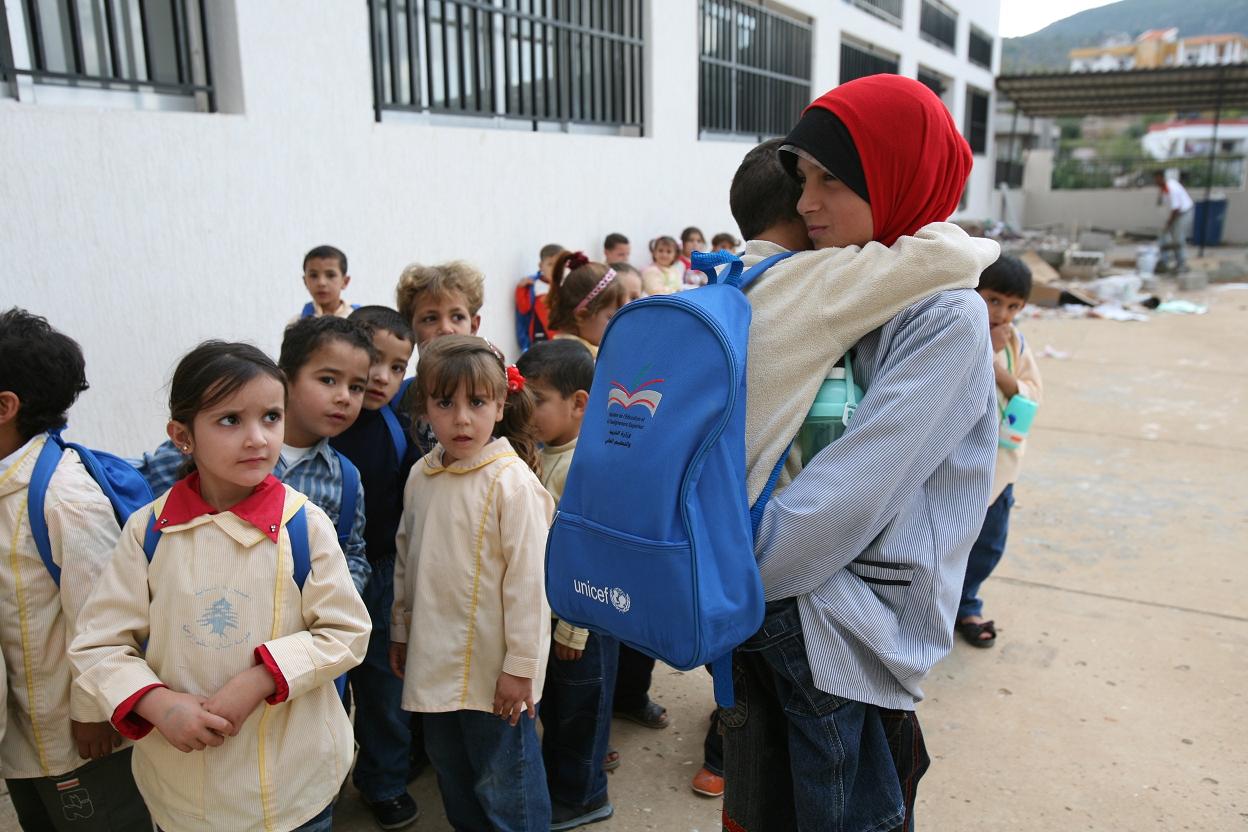
The government has done little to curb human rights violations, from which Egypt has suffered for years, according to Saad Eddin Ibrahim, Chairman of the Trustees at the Ibn Khaldun Center for Development Studies. He explained that he was surprised at those who claim that there are no human rights abuses in Egypt, calling them ‘’blind’’.
Ibrahim added that civil society’s mistakes are far fewer than those of the Egyptian government. Civil society, he said, must have a conscience because it does not have as much power or resources as the state, and instead should provide services and monitor the behaviour of public institutions.
Are there human rights violations in Egypt at present?
We have suffered from human rights abuses in Egypt for years now, and the government hasn’t taken any action to curb them. I am amazed at those who do not think human rights abuses are taking place in Egypt, and I say to them, you are blind. Abuses in prisons, places of detention, and police stations and are ongoing, as well as the confiscation of freedom of expression.
Has civil society committed errors?
Civil society’s mistakes are far fewer than those committed by the Egyptian government. The government’s mistakes are not measured in terms of number or quantity. Civil society must have a conscience because it does not have as much power or resources as the state, instead taking it upon itself to provide services and monitor the behaviour of public institutions. For that, we owe civil society our thanks.
What is the reason behind recent attacks on civil society organisations?
Whenever the government goes bankrupt or falls into trouble, it looks for a scapegoat. Whenever there is frustration amongst the people directed towards the government, the government diverts this frustration by using the scapegoat method; first its civil society, later its the minorities, Shi’as, or Bahai’s.
What is your opinion on the report post-30 June fact-finding committee’s report?
The report was comprehensive and neutral to all parties and without exaggerations. It did not differ much from the report issued by the National Council on Human Rights (NCHR) last May. In this regard, both reports were neutral and provided full facts, using videos for proof as well as evidence that some subversive elements resorted to intimidation and violence using arms, women, and children.
Is a dialogue with the Muslim Brotherhood plausible?
Of course it is plausible. They are members of this nation and we all have a friend or relative who is a member of the Muslim Brotherhood and thus there has to be a dialogue with them. The other alternative is killing, and it does not make sense to kill 700,000 people who swore allegiance to the Supreme Guide, and each of these people has a family of at least five members, meaning a total of 3.5 million people.
Are there standards and conditions for the idea of dialogue?
Whoever is committed to the principles of dialogue and does not attack another person we will continue to engage in dialogue with them. But whoever attacks others has undermined the dialogue and that will be made clear.



